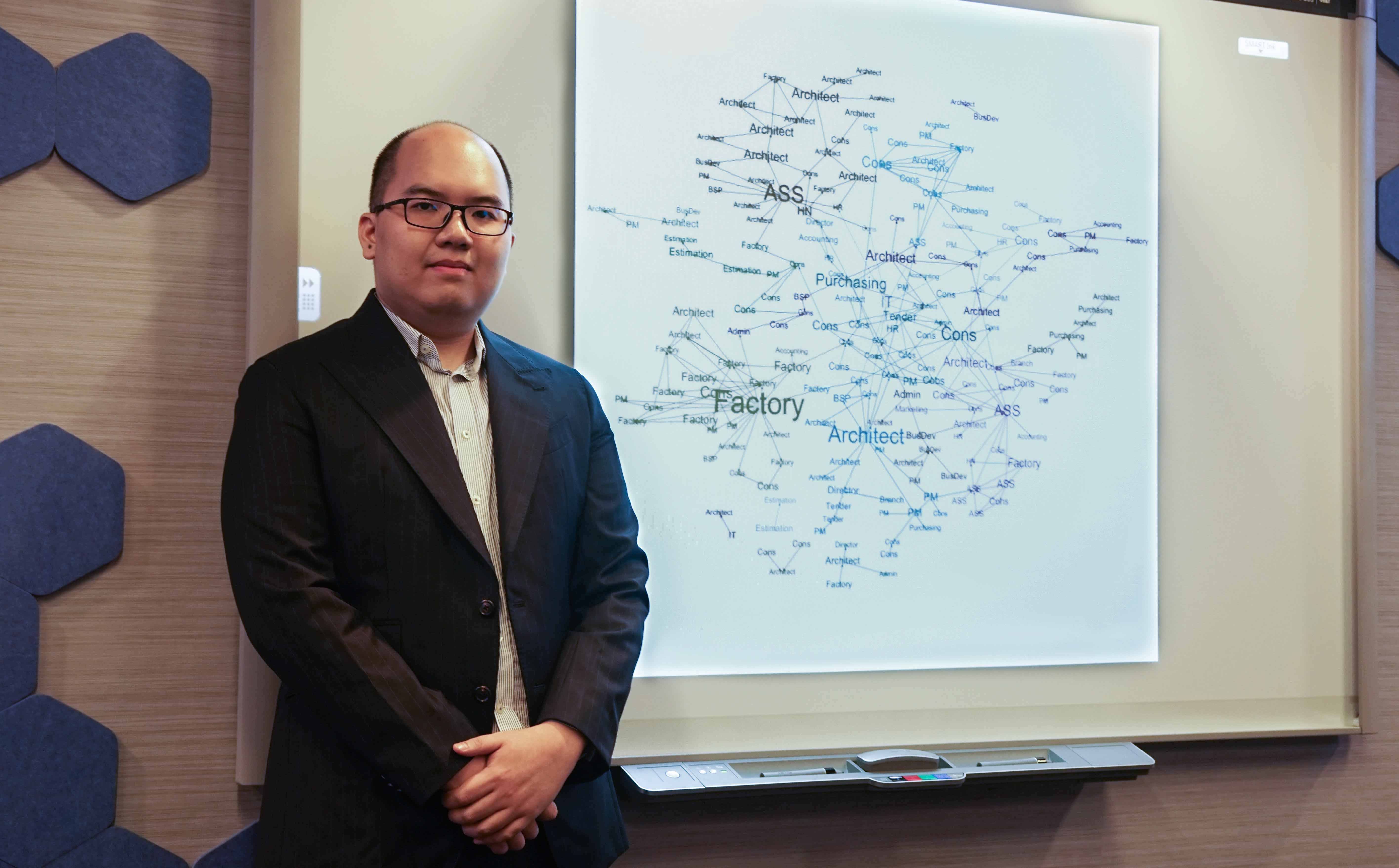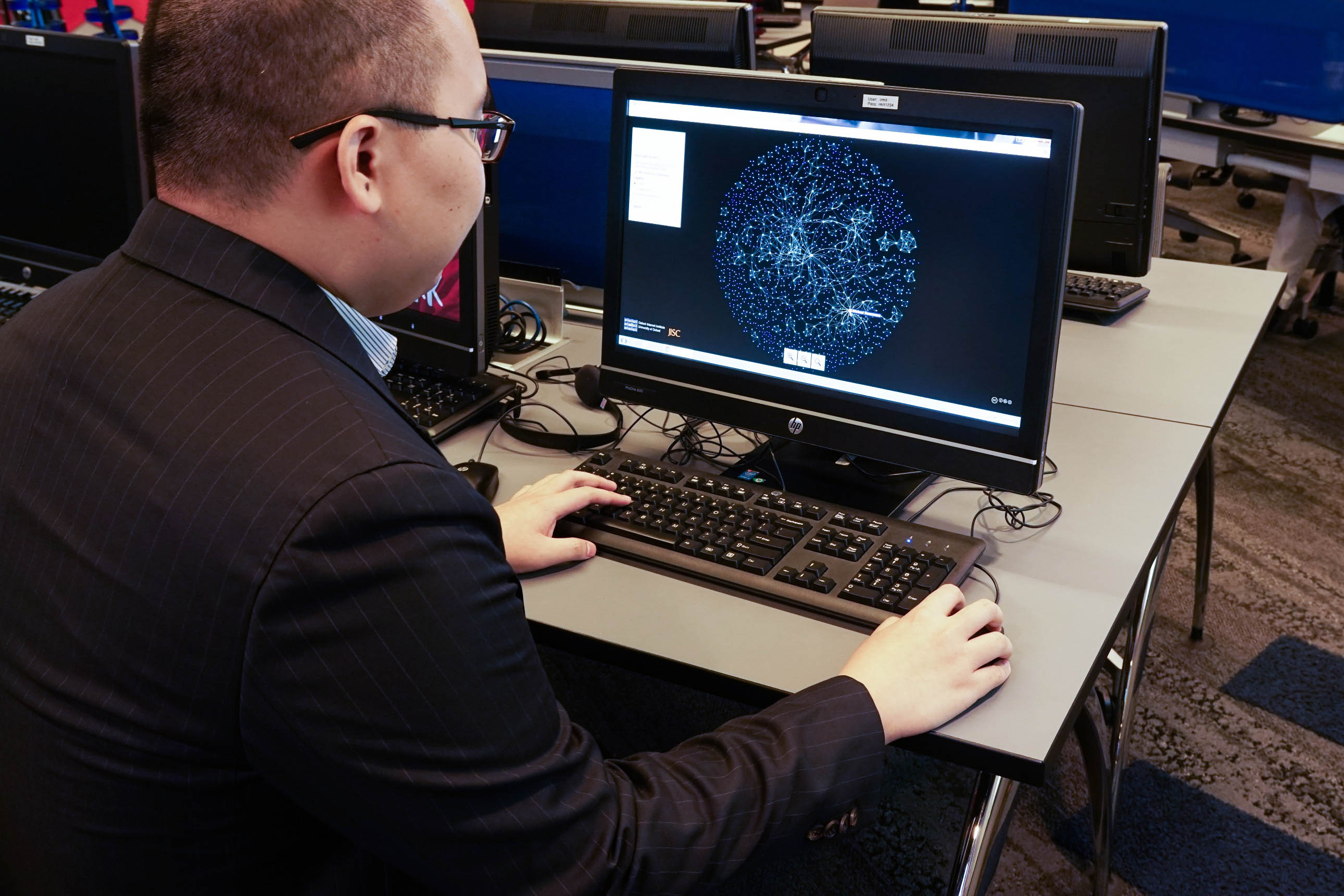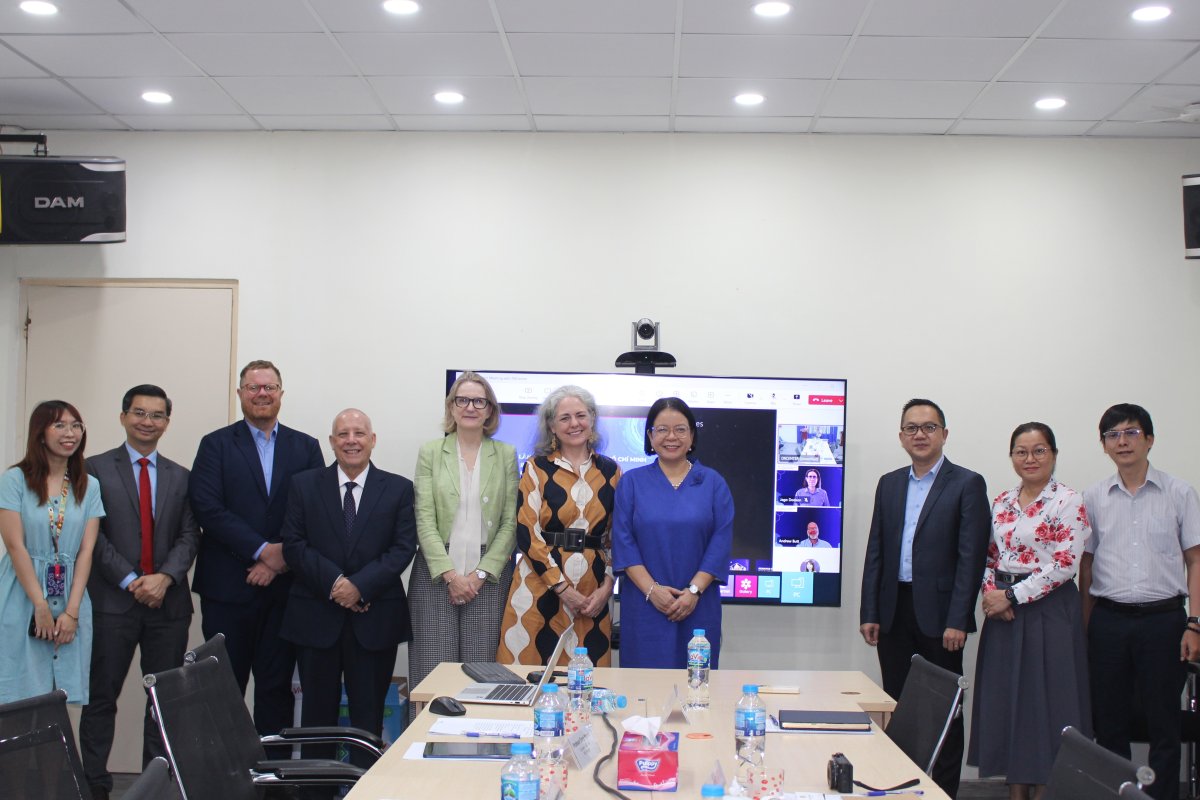As firms find competitive advantage by inducing transformational changes enabled by technology and data-intensive operations, this practice of “consumer IT” – the adoption of personal technologies in the business context – need not be discouraged.
However, it does come with risks.
A recent global survey reported that more than 50 per cent of employees use personal devices and software to solve business problems, while very few of them considered the organisation’s IT policies when doing so.
“This adoption must be managed,” said Duy, who along with Dr Siddhi Pittayachawan, Dr Vince Bruno and Professor Karlheinz Kautz are conducting research on consumer IT and providing recommendations for IT managers to better manage digital transformation.
“Our research developed and evaluated a tool in a real case study which helps IT managers monitor and predict – with quantitative metrics – the diffusion of technology,” Duy explained.
Their research has found that the diffusion of employees’ adoption of personal IT in the workplace mainly occurs between non-managerial employees.
“The rate of such diffusion was fast, as calculated statistics suggested that there was a 55 per cent chance for an employee to be influenced by their colleagues who worked in the same department and shared work-related resources with each other,” Duy said.
“If these two employees also give personal advice to each other, the chance of diffusion quickly elevated to 84 per cent.”
Duy explained that the research highlights the importance of the social environment in helping individuals adopt new technologies, especially with respect to the role of champions as facilitators of co-learning and diffusion.
“Organisational learning and exchanges of innovative ideas take place every minute among employees at all ranks. We found from our case study that most employees were convinced to adopt new practices not by their supervisors, but by peers who interacted with them in daily work,” he said.
Upon completion of the PhD degree, Duy looks forward to continuing his research on digital innovation and information security management. Duy is currently receiving mentorship from and collaborating with two large corporations in Vietnam to commercialise his research, which involves the use of analytics techniques to help businesses in Vietnam achieve greater success through exploiting the power of data.






